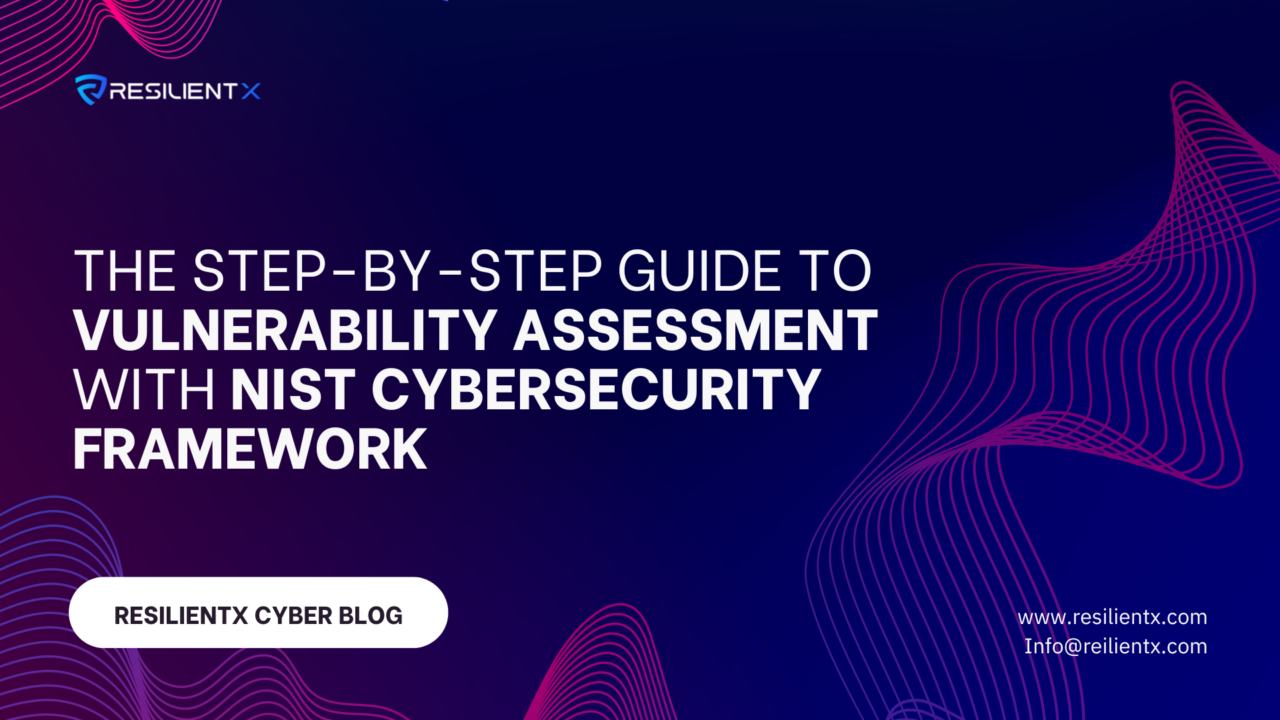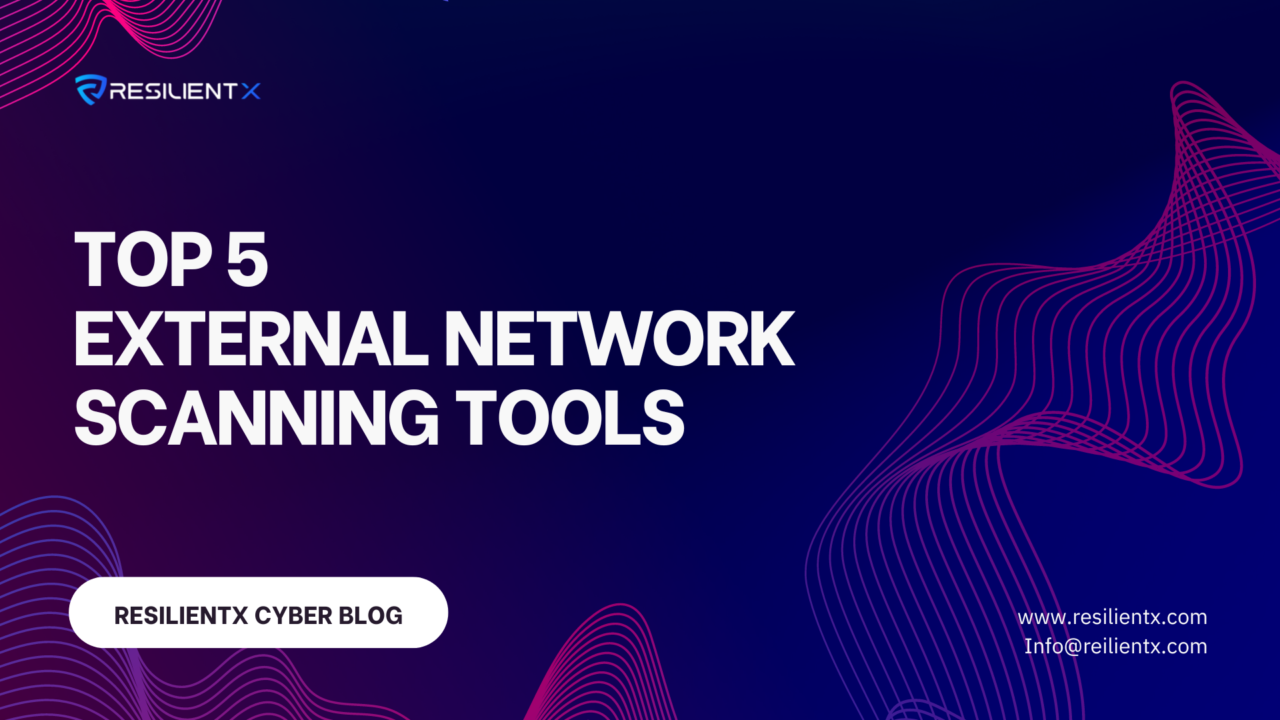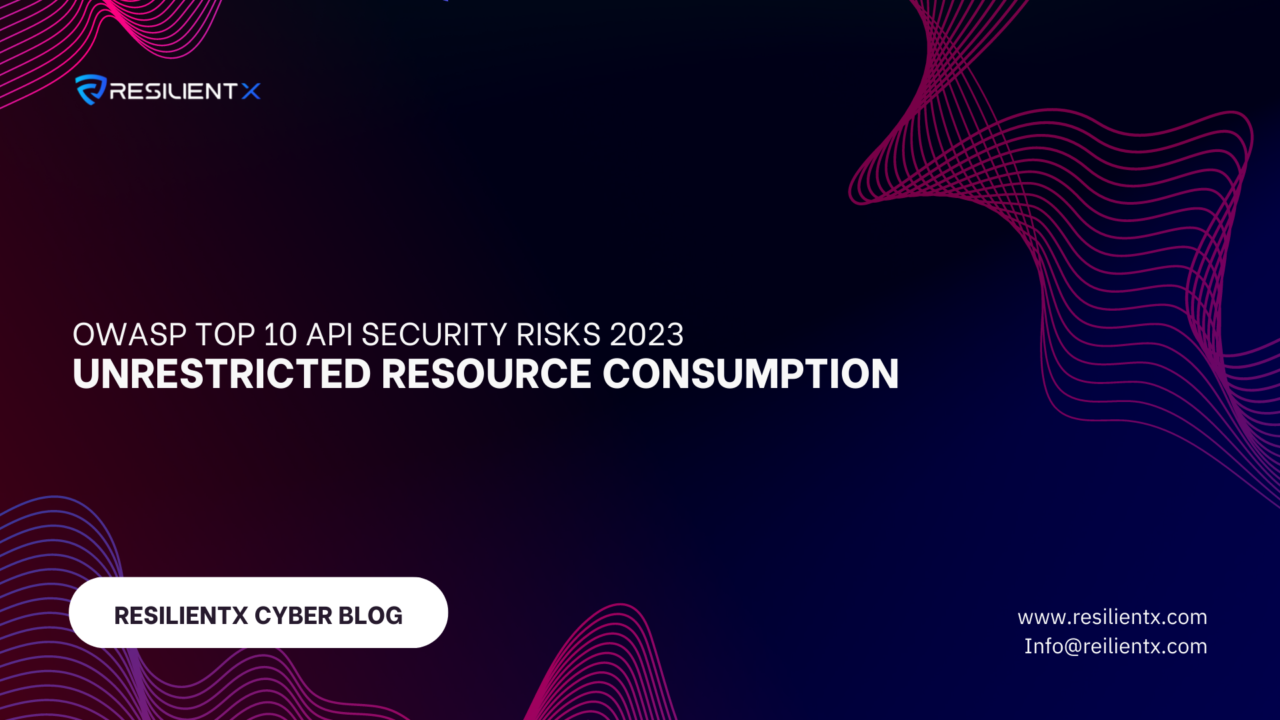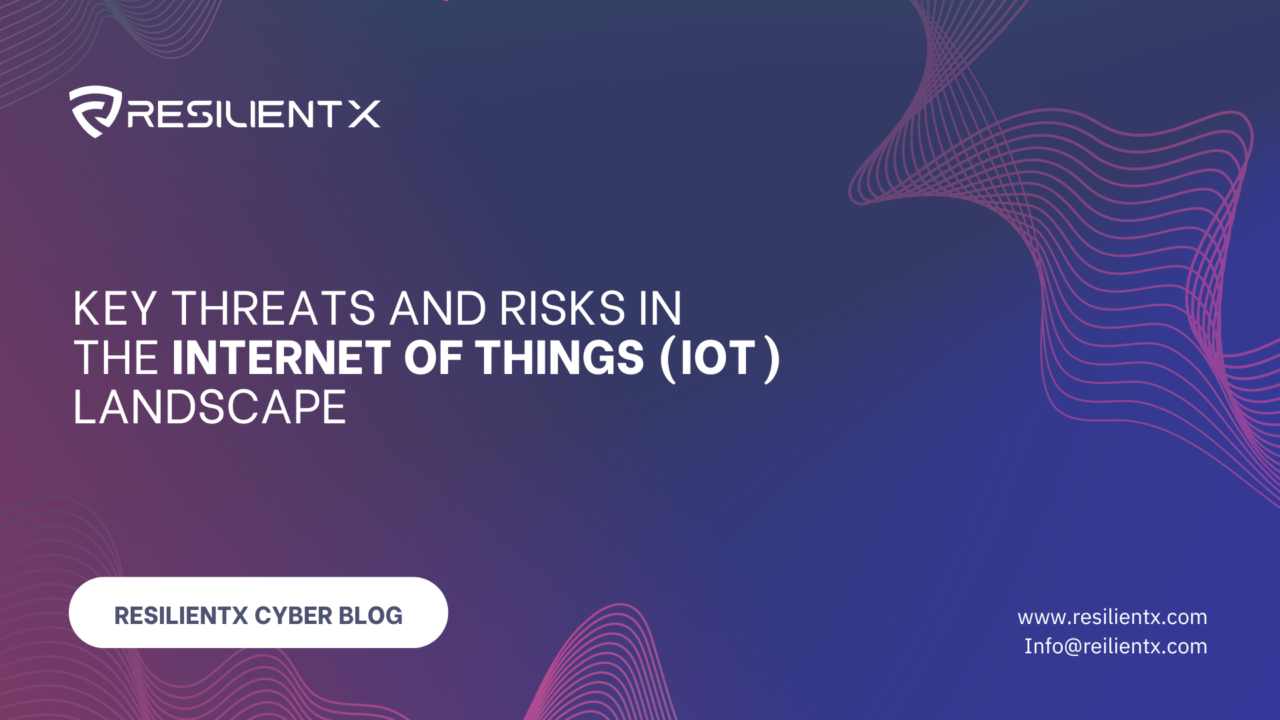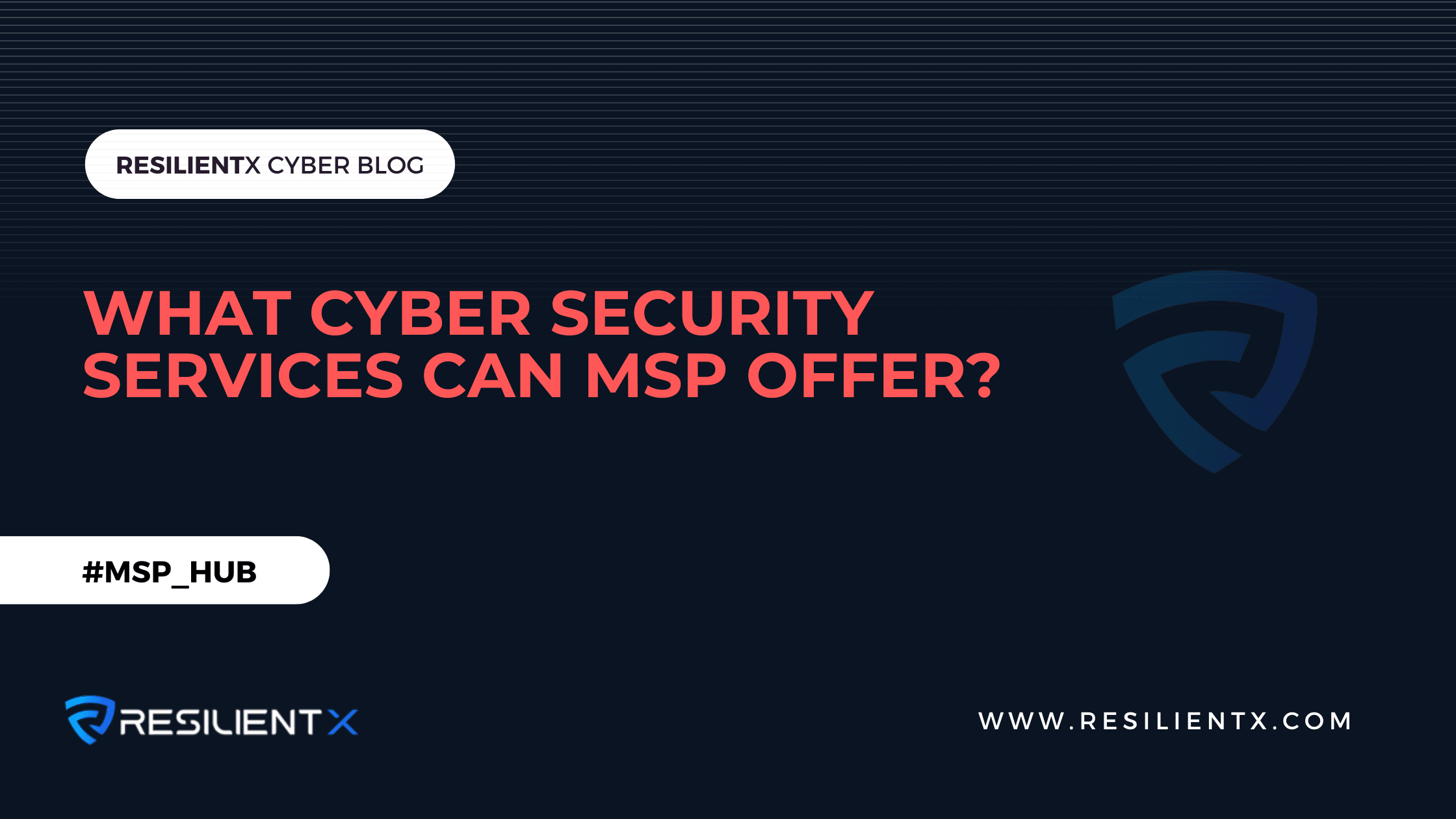
As technology continues to advance, cyber security has become increasingly important for businesses of all sizes. Cybersecurity incidents can cause significant harm to a company, including financial losses, reputation damage, and even legal repercussions. For this reason, many businesses are turning to managed services providers (MSPs) to help them protect their data and systems.
MSPs offer a wide range of services to help businesses manage their IT infrastructure, including monitoring, maintenance, and support. In recent years, many MSPs have also started offering cybersecurity services to help their clients protect their networks and data from cyber threats. Two key cybersecurity services that MSPs can add to their offering are cloud security assessments and cyber exposure management.
Cloud Security Assessment
Cloud computing has become an increasingly popular way for businesses to store and access data. The cloud offers many benefits, including increased flexibility, scalability, and cost savings. However, storing data in the cloud also introduces new cybersecurity risks. Cloud providers typically have their own security measures in place, but businesses still need to take steps to ensure that their data is secure.
A cloud security assessment is an evaluation of a business’s cloud-based infrastructure and applications to identify potential security vulnerabilities. The assessment can help businesses understand their current security posture and identify areas where improvements are needed. This can include identifying gaps in security controls, such as inadequate access controls or poor data encryption practices.
MSPs can offer cloud security assessments as part of their cybersecurity services. The assessment can include a review of the business’s cloud provider’s security controls, as well as an evaluation of the business’s own security controls. The MSP can provide recommendations for improving security and help the business implement those recommendations.
One important aspect of a cloud security assessment is compliance. Many industries have specific regulations and requirements for data security, such as HIPAA for healthcare or PCI DSS for payment card industry data. A cloud security assessment can help businesses ensure that they are meeting these compliance requirements and avoid costly fines and legal issues.
Overall, a cloud security assessment is an important tool for businesses that store data in the cloud. By working with an MSP to conduct an assessment, businesses can identify potential security vulnerabilities and take steps to protect their data and systems.
Cyber Exposure Management
Cyber exposure is the total attack surface of a business’s digital assets, including hardware, software, and data. Cyber exposure management is the practice of managing and reducing this attack surface to minimize the risk of cyber attacks.
MSPs can offer cyber exposure management as part of their cybersecurity services. This can include a variety of tools and techniques to help businesses identify and reduce their cyber exposure. For example, an MSP might use vulnerability scanning tools to identify potential security vulnerabilities in a business’s systems. The MSP can then provide recommendations for mitigating those vulnerabilities, such as patching software or implementing additional security controls.
Another key aspect of cyber exposure management is threat intelligence. MSPs can provide businesses with up-to-date information on the latest cyber threats and trends. This can help businesses stay ahead of the curve and take proactive steps to protect their systems.
One important component of cyber exposure management is incident response. Even with the best security measures in place, businesses may still experience cyber attacks. MSPs can help businesses develop and implement an incident response plan to minimize the impact of an attack. This can include steps such as isolating infected systems, restoring backups, and notifying law enforcement and other relevant parties.
Overall, cyber exposure management is an important service for businesses of all sizes. By working with an MSP to manage their cyber exposure, businesses can reduce their risk of cyber attacks and protect their data and systems.
With ResilientX, MSPs can offer a comprehensive cyber exposure management service that includes vulnerability scanning, threat intelligence, and attack surface management. The platform provides a centralized dashboard that makes it easy to manage multiple clients and track progress over time. This can help MSPs to deliver more effective cybersecurity services to their clients and differentiate themselves in a crowded market.
Attack Surface Management
An attack surface is the set of potential entry points that an attacker can use to gain unauthorized access to a business’s systems or data. This can include hardware devices, software applications, and network infrastructure. Attack surface management is the practice of identifying and managing these entry points to reduce the risk of cyber attacks.
MSPs can offer attack surface management as part of their cybersecurity services. This can include a variety of tools and techniques to help businesses identify and manage their attack surface. For example, an MSP might use vulnerability scanning tools to identify potential security vulnerabilities in a business’s systems. The MSP can then provide recommendations for mitigating those vulnerabilities, such as patching software or implementing additional security controls.
Another key aspect of attack surface management is network segmentation. MSPs can help businesses to segment their networks to limit the potential impact of a cyber attack. This can help to reduce the attack surface and make it more difficult for attackers to move laterally within a business’s systems.
ResilientX offers an Attack Surface Management feature as part of their platform that helps MSPs to identify and manage the attack surface for their clients. The feature uses a combination of automated scanning and manual analysis to identify potential entry points and provide recommendations for reducing the risk of cyber attacks. The platform provides a centralized dashboard that makes it easy to manage multiple clients and track progress over time.
Generating More Recurring Revenue and Expanding Client Portfolio
Offering cybersecurity services can be a lucrative business for MSPs. Cybersecurity incidents are becoming increasingly common, and businesses are willing to pay for services that help them protect their data and systems. By offering cybersecurity services, MSPs can generate more recurring revenue and expand their client portfolio.
According to a report by MarketsandMarkets, the global managed security services market is projected to grow from $31.6 billion in 2020 to $46.4 billion by 2025, at a compound annual growth rate of 8.0%. This growth is being driven by the increasing frequency and complexity of cyber threats, as well as the growing awareness of the importance of cybersecurity among businesses.
MSPs can leverage the growth in the managed security services market by offering a wide range of cybersecurity services to their clients. By doing so, they can differentiate themselves from competitors and build a reputation as a trusted provider of cybersecurity services. This can lead to increased client retention and referrals, as well as new business opportunities.
Partnering with ResilientX
ResilientX offers special partnerships to MSPs who want to start offering cybersecurity services or are looking for ways to lower their costs and accelerate their operations. The platform provides MSPs with a range of features and tools to help them deliver effective cybersecurity services to their clients.
One of the key benefits of partnering with ResilientX is the platform’s automation capabilities. The platform uses advanced automation to streamline cybersecurity services, reducing the time and effort needed to deliver these services to clients. This can help MSPs to lower their costs and accelerate their operations, while still delivering high-quality cybersecurity services.
